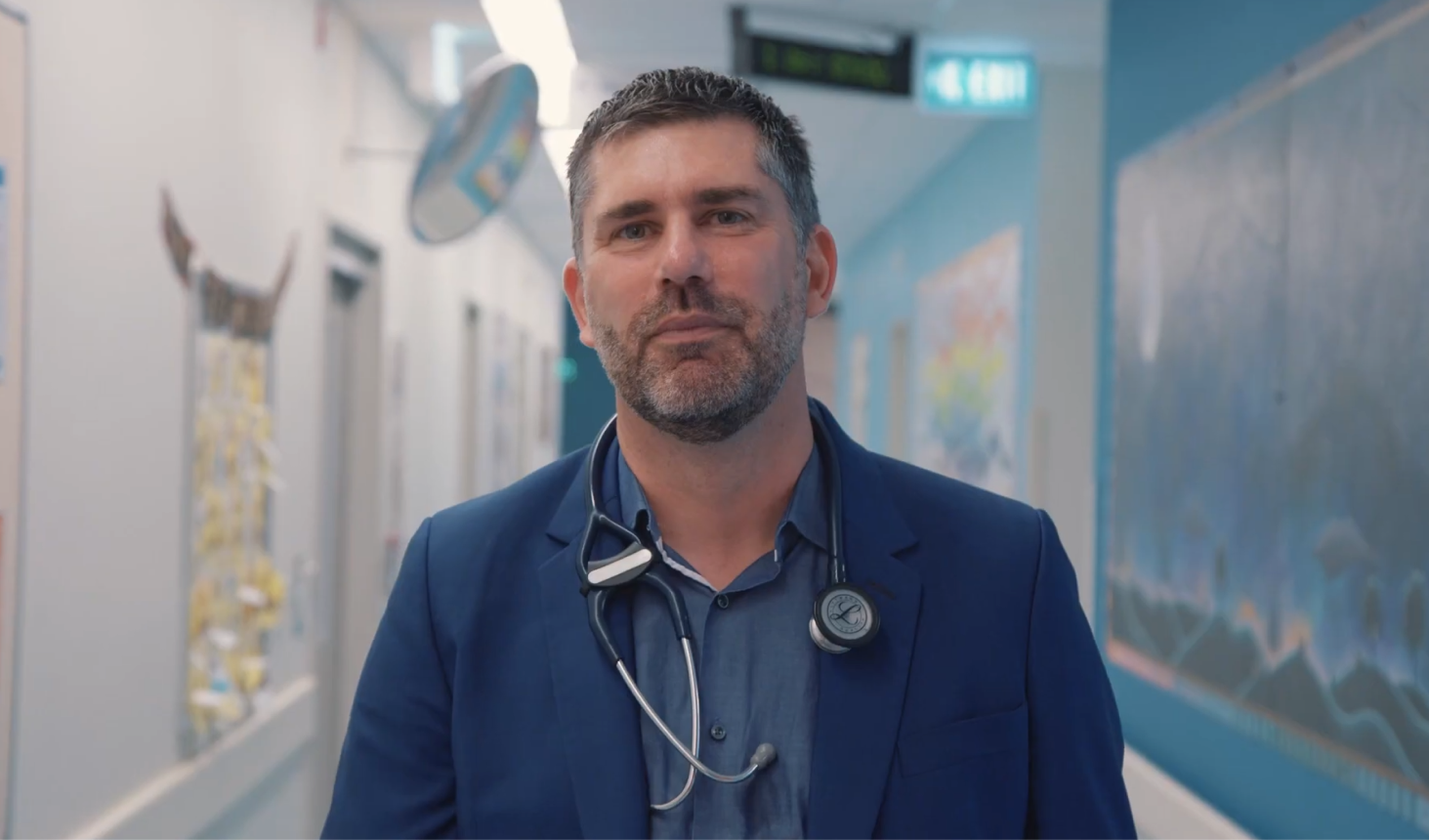
Better management of mild asthma in children
Childhood asthma is a major public health problem in New Zealand. One in seven children in New Zealand have asthma.
The majority of these children have mild asthma, which is managed solely with a salbutamol inhaler (a short-acting beta-agonist) taken as-needed. Despite their asthma being labelled “mild” a third of New Zealand children managed with salbutamol inhalers alone for their asthma suffer a severe exacerbation each year. Such exacerbations result in urgent visits to general practitioners and hospital emergency departments, days off school, reduced participation in sport and leisure activities, and time off work for parents to care for unwell children.
Following sole management with salbutamol, the current next step in the therapeutic ladder for childhood asthma is addition of daily inhaled corticosteroids (ICS). Asthma treatment with daily ICS has been shown to improve symptoms and decrease severe exacerbations. However, there is a reluctance of doctors to prescribe daily ICS to children who take salbutamol infrequently, and adherence to daily treatment with ICSs by children and families, even when it is prescribed, is low.
Previous work undertaken in adult mild asthmatic patients by the Medical Research Institute of New Zealand has shown that using a single combination inhaler that delivers budesonide (an ICS) and formoterol (a beta-agonist) as-needed, instead of a salbutamol inhaler, reduces exacerbation rates by >50%. This work has been world-leading and has led to international asthma guidelines changed to recommend this treatment strategy as the first step in adult asthma patients. There is no evidence of this treatment strategy in children with mild asthma.
We plan to undertake a randomised controlled trial comparing salbutamol inhalers as-needed with budesonide-formoterol inhalers as-needed in the management of children aged five to 11 years with mild asthma. Participants will be enrolled from general practices for one year of treatment. The primary outcome of the trial is asthma exacerbations. If this trial shows a >50% reduction in exacerbations with budesonide-formoterol compared with salbutamol as-needed therapy, as demonstrated in adults, then it will lead to a paradigm change in practice internationally. These results will have a direct effect on the approximately 28,000 New Zealand children who are currently prescribed salbutamol as-needed therapy for their asthma each year.

Help fund our big research.
Every bit helps.
